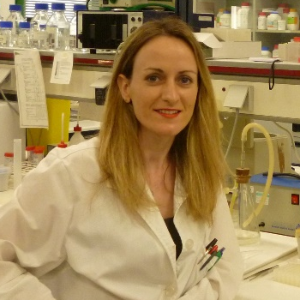Cancer prevention and epidemiology focus on understanding and mitigating factors that contribute to cancer development. Research in this area identifies modifiable risk factors such as tobacco use, unhealthy diets, and sedentary lifestyles, providing actionable strategies to reduce cancer incidence. Epidemiological studies also explore genetic predispositions and environmental exposures, helping target high-risk populations.
Public health initiatives informed by this research promote early detection, vaccination programs (e.g., HPV and hepatitis B), and lifestyle modifications to curb cancer rates. These insights not only reduce the global cancer burden but also enhance resource allocation for effective prevention strategies. By integrating science with community health efforts, this field plays a pivotal role in the fight against cancer.






